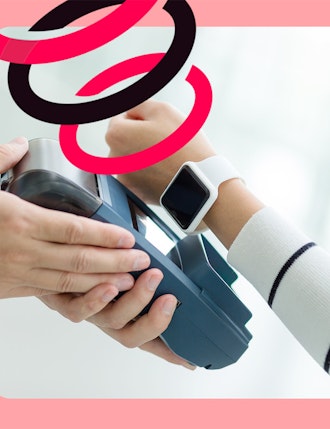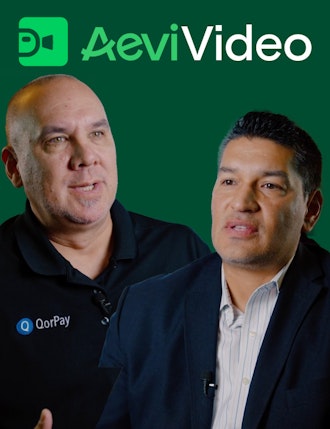The Paytech Show: The future of commerce & orchestration
Aevi’s VP of Products, Eddie Johnson, sat down with Fintech Finance for their PayTech Show.
“What’s changed in the last two years is that the options are pretty much endless,” said Johnson. “You get to choose how you want to pay when you want to pay, what kickback you get from how you pay, how many payments you want to make for that one purchase – as an industry we need to be able to support that choice.”
Watch the video on YouTube to learn about:
- Future of commerce
- Development path of payment services and point-of-sale (POS) options
- Changes in in-person payments
- Role of intelligent and collaborative orchestration
- Tips on how merchants can keep up with ever-transforming customer expectations
Hosted on the show:
- Douglas Mackenzie, Chief Content Officer, FF News | Fintech Finance
- Eddie Johnson, VP of Product, Aevi
- Holly Coventry, VP of International Open Banking Payments, American Express
- Harshna Cayley, MD of Payment Products / Gateway, Barclaycard
Key takeaways
The power of orchestration is clear:
“We’re seeing much more commerce activity online. We’re seeing an increased amount of contactless payments and ecommerce payment. And the market has shifted, consumer behaviour has shifted massively over the last few years. And I think, just to comment on, one other trend that we’ve been seeing is particularly around buy now, pay later. This is starting to become a popular payment choice for many consumers out there. Again, with the backdrop of the squeeze around cost of living. Buy now, pay later certainly gives consumers lots of choice and flexibility around payments. What we’re finding is retailers are offering these choices much more in that checkout experience.”
“I think the other trend that we’ve seen is more and more changes around the regulatory landscape. And in particular, in 2022, we saw the biggest change in the last 16 years around mandatory strong customer authentication, known as SCA. And so since March in the UK, online transactions over £25 are now subjected to an additional identity check. So it does clearly help towards combating fraud. It does introduce a little bit of friction in that customer experience, but it’s so important to balance protecting consumers, protecting businesses, and also ensuring that customer experience is really smooth.”
For media enquiries contact:
Interested in reading more around this subject? Here are some useful articles…















